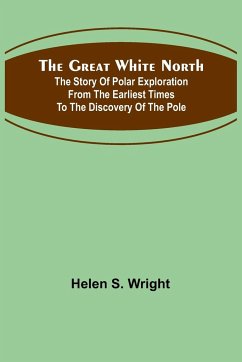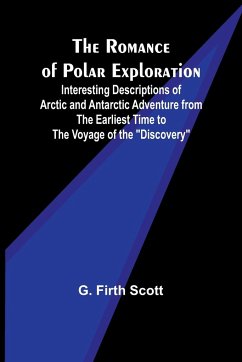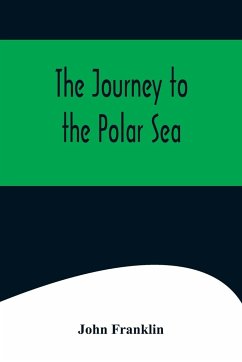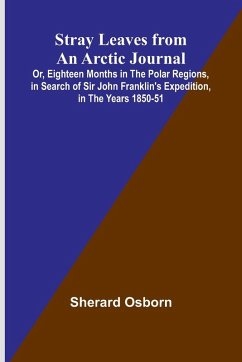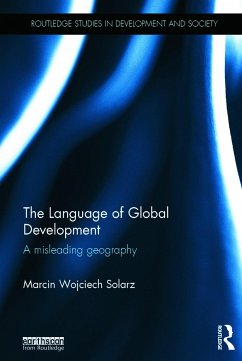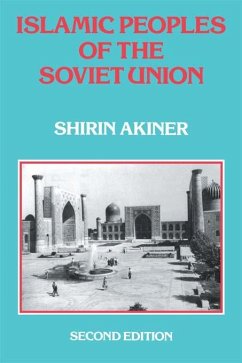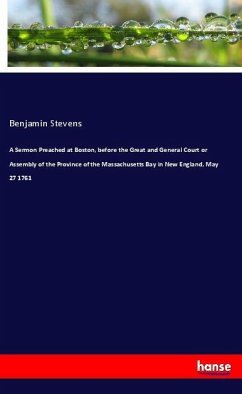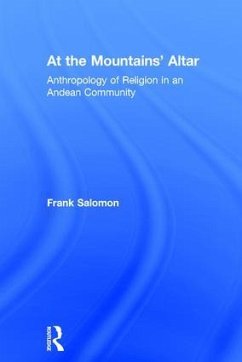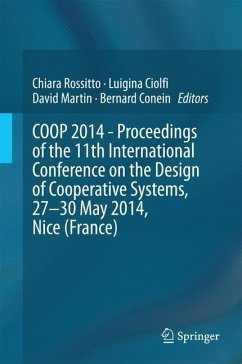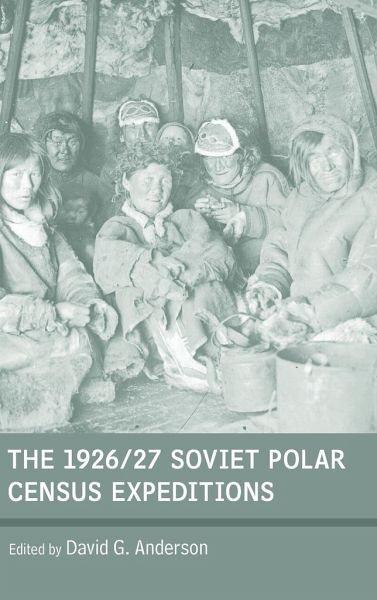
The 1926/27 Soviet Polar Census Expeditions
Versandkostenfrei!
Versandfertig in 1-2 Wochen
131,99 €
inkl. MwSt.

PAYBACK Punkte
66 °P sammeln!
Utilizes primary sources from recently opened archives as well as interviews with descendents of the expeditions The first book-size effort to address the status of the Siberian indigenous people The culmination of eight years of work with primary record cards and sources




